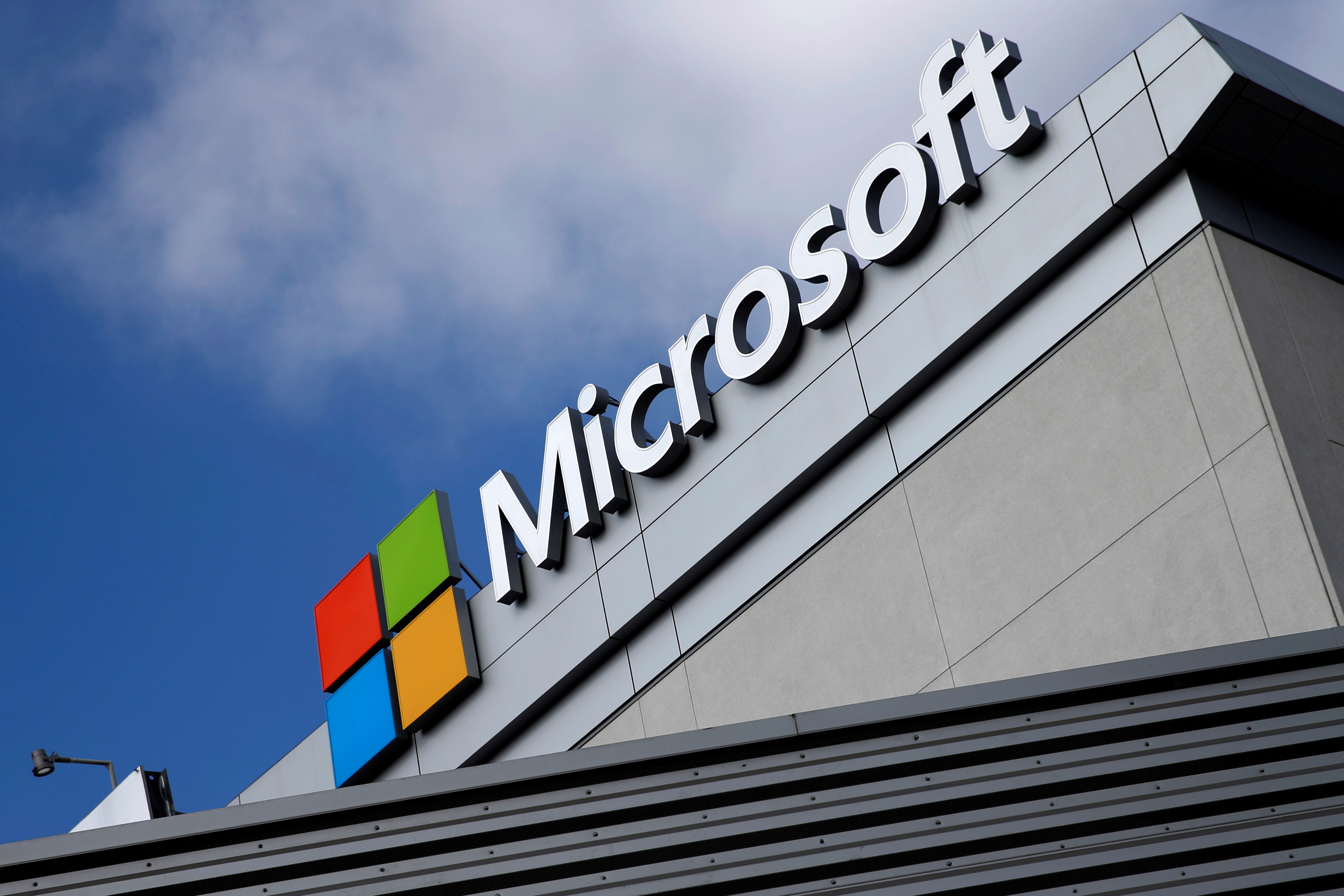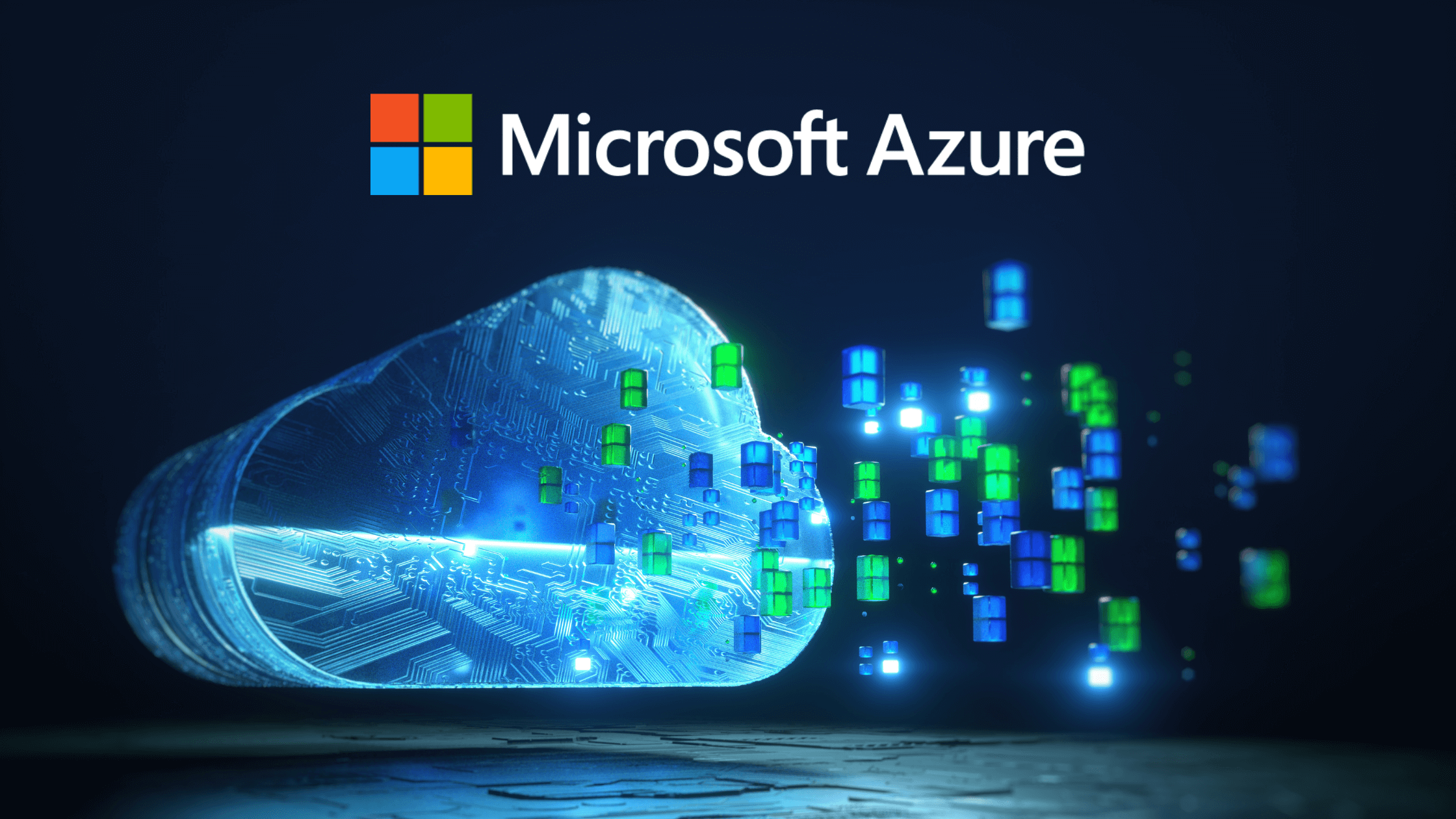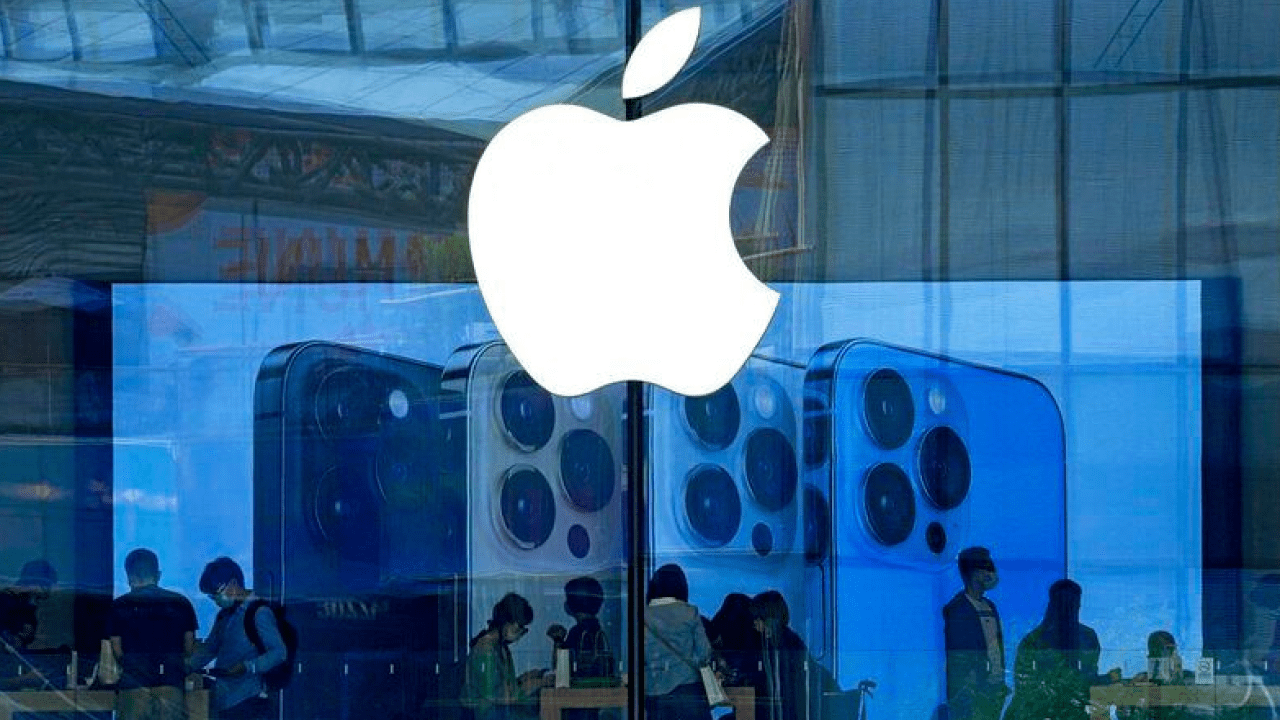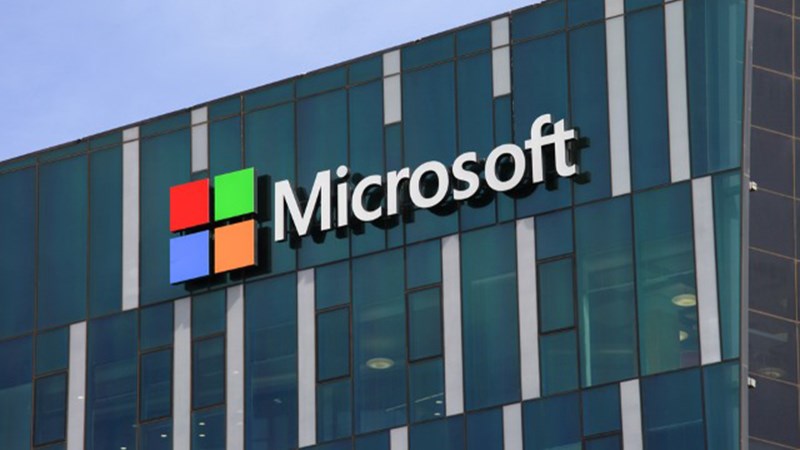In a move that has stirred both anticipation and skepticism, Federal Trade Commission (FTC) Chair Lina Khan, whose tenure ends in January 2025, has launched a sweeping antitrust investigation into Microsoft. This development signals that the battle between the tech giant and the U.S. government is far from over. Although the FTC’s past attempts to block Microsoft’s acquisition of Activision Blizzard did not bear fruit, Khan’s new probe into Microsoft’s broader business practices may very well represent a new chapter in the FTC’s ongoing scrutiny of monopolistic behaviors in the tech industry.
Here's ads banner inside a post

Lina Khan and the FTC’s Historic Antitrust Stance
Before diving into the specifics of the current investigation, it’s crucial to understand the context surrounding Lina Khan’s tenure as FTC Chair. Khan rose to prominence in the antitrust world as a vocal critic of Big Tech, particularly for its dominance in the digital economy. Her landmark paper, “Amazon’s Antitrust Paradox,” published in 2017, outlined how traditional antitrust analysis failed to address the monopolistic tendencies of tech platforms like Amazon. This perspective pushed the FTC to adopt a more aggressive approach toward antitrust enforcement in the digital age.

Here's ads banner inside a post
Under Khan’s leadership, the FTC launched several high-profile investigations and legal actions against major tech firms, including Meta, Amazon, and Google. Microsoft, however, has been one of her most persistent targets, especially when it comes to the company’s acquisition of Activision Blizzard. Her attempts to block that merger, on the grounds of anti-competitive practices, were emblematic of her broader stance on tech monopolies.
Despite the considerable resources the FTC invested into challenging the Activision deal, Microsoft’s promises to keep Call of Duty multiplatform and its integration of Activision titles into Xbox Game Pass have largely nullified the concerns that Khan’s office raised. In fact, many observers have suggested that the FTC’s loss in this high-profile case was a blow to Khan’s credibility. However, Khan’s latest action suggests that she is not ready to relinquish her scrutiny of Microsoft just yet.

Here's ads banner inside a post
The New Antitrust Investigation: What We Know So Far
According to reports from Reuters, the FTC’s latest probe focuses on Microsoft’s entire business, with particular emphasis on its cloud services and cybersecurity arm. Although the agency has not officially disclosed the full scope of the investigation, lobby groups representing Microsoft’s competitors in the cloud space have already voiced their concerns.

Cloud Dominance and the Azure Platform
Microsoft Azure, the company’s cloud computing platform, is at the center of much of the controversy. While Microsoft has positioned Azure as a competitor to Amazon Web Services (AWS) and Google Cloud, the FTC’s investigation is likely to explore allegations that Microsoft’s cloud platform engages in anti-competitive bundling practices. Critics claim that Microsoft uses its suite of Office products—such as Word, Excel, and Outlook—to incentivize businesses to adopt Azure, essentially offering a bundled deal that locks customers into its ecosystem. This bundling could potentially stifle competition by making it more difficult for rival cloud providers to gain traction in the marketplace.

One of the most significant concerns raised by competitors such as Google, Amazon, and Oracle is that Microsoft makes it unnecessarily difficult for customers to switch cloud providers. In other words, companies that start using Azure may find themselves so entangled with Microsoft’s broader suite of services—ranging from Office 365 to Teams—that the switching costs become prohibitively high. This practice is often referred to as “vendor lock-in,” and it’s a tactic that has long been scrutinized in various industries for its potential to stifle competition and harm consumers.

The FTC’s probe could also expand to examine Microsoft’s cybersecurity products, which have gained significant market share in recent years. As organizations increasingly move their data and operations to the cloud, cybersecurity has become a major concern, and Microsoft’s strong position in this space has raised eyebrows among competitors. If the FTC determines that Microsoft is using its cloud platform to unfairly promote its cybersecurity services, it could be another point of contention in the investigation.

The Context of Rising Antitrust Concerns in the U.S. Tech Industry
Microsoft is not the only tech giant under the microscope of U.S. regulators. There is a growing climate of antitrust scrutiny that has seen companies like Google, Amazon, and Apple face serious legal challenges in recent months. The Federal Trade Commission’s focus on monopolistic practices is part of a broader effort to curtail the dominance of tech giants that control vast swathes of the digital economy.
For example, Google is currently grappling with potential antitrust penalties related to its dominance in the search and advertising markets. A Federal judge recently suggested that Google may be required to divest some of its key assets, including Chrome and possibly Android, in order to address accusations of monopolistic practices. This development could have far-reaching implications for the entire digital advertising ecosystem, as Google’s control over search advertising has made it one of the most profitable companies in the world.

Amazon, too, has come under fire for its market position in retail. The FTC is investigating Amazon’s business practices, specifically its tendency to inflate prices for consumers and third-party sellers by leveraging its dominant position in the online retail space. This includes concerns about Amazon’s treatment of third-party merchants on its platform, who allege that the company’s algorithms favor its own products over those of external sellers, potentially leading to inflated prices for consumers.
Apple is facing its own set of challenges, with the U.S. Department of Justice accusing the company of monopolistic behavior in the smartphone market. The investigation centers around Apple’s control of its App Store and the inflated prices that result from its fees and policies. Apple’s position as the sole gatekeeper of apps on iOS devices has led to accusations that it is stifling competition and inflating the prices of digital goods and services.

What’s at Stake for Microsoft and the Tech Industry?
While the specifics of the FTC’s investigation into Microsoft remain unclear, it’s evident that this latest probe is part of a larger trend toward aggressive regulatory action against monopolistic practices in the tech sector. If the investigation results in significant legal action, Microsoft could face steep fines, restrictions on its business practices, or forced changes to its operations in the cloud and cybersecurity sectors. Such measures could have ripple effects across the industry, potentially reshaping the competitive landscape of cloud services, software, and cybersecurity.

However, the timing of the investigation raises some important questions. Khan’s tenure as FTC Chair will come to a close in January 2025, leaving some to wonder if the investigation will outlast her leadership. Moreover, given that Microsoft’s cloud business is now one of the key drivers of its revenue, any major regulatory intervention could have significant financial implications for the company. The cloud industry is poised for even greater growth in the coming years, and regulators will have to carefully weigh the potential benefits of intervention against the risks of stifling innovation and competition in an industry that is still evolving.
A Final Act of Antitrust Wrath?
Lina Khan’s departure from the FTC may mark the end of an era in antitrust enforcement, but her latest move against Microsoft is a sign that her influence on the regulatory landscape will be felt long after she leaves office. The investigation into Microsoft’s cloud and cybersecurity business is just the latest chapter in the ongoing battle between Big Tech and the U.S. government. As Khan heads toward the end of her tenure, the outcome of this investigation remains uncertain—but one thing is clear: the fight over monopolistic practices in the tech industry is far from over, and Microsoft will be at the center of it for the foreseeable future.


